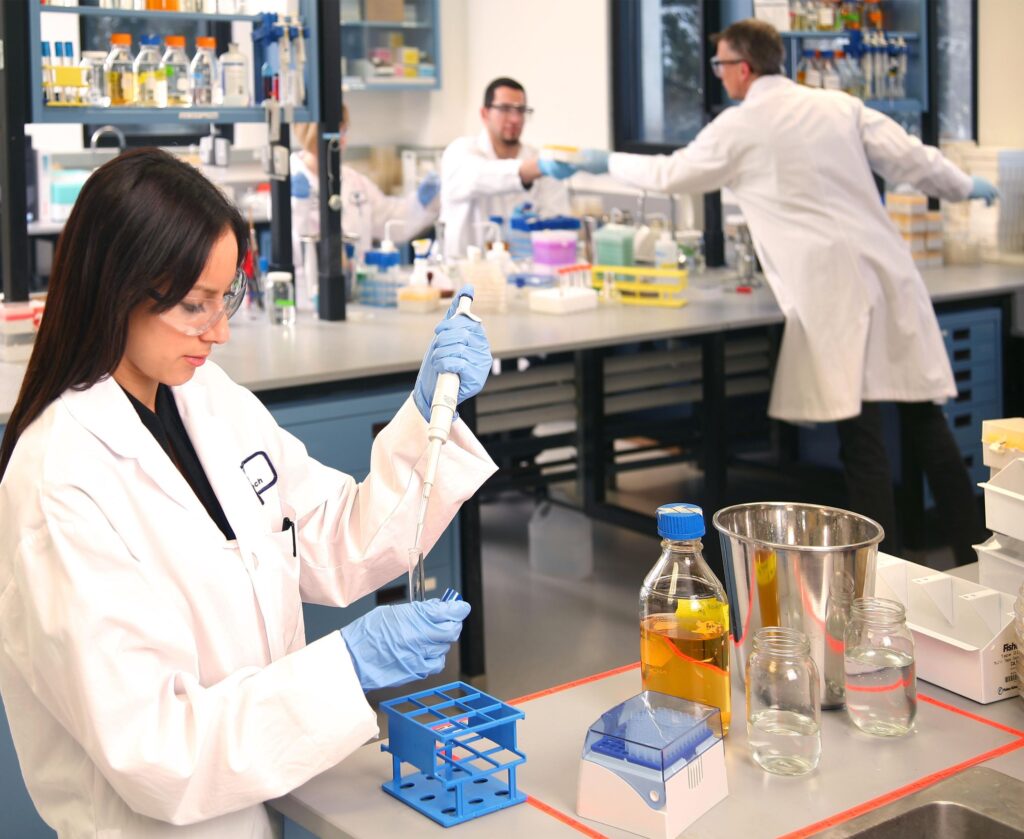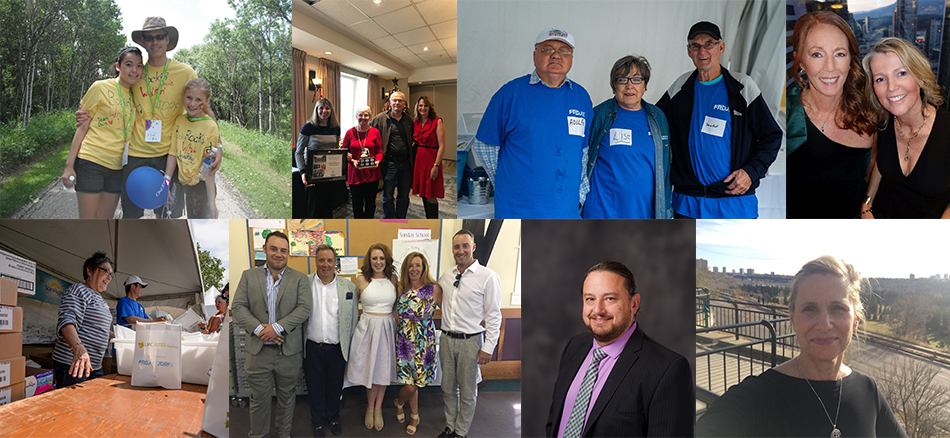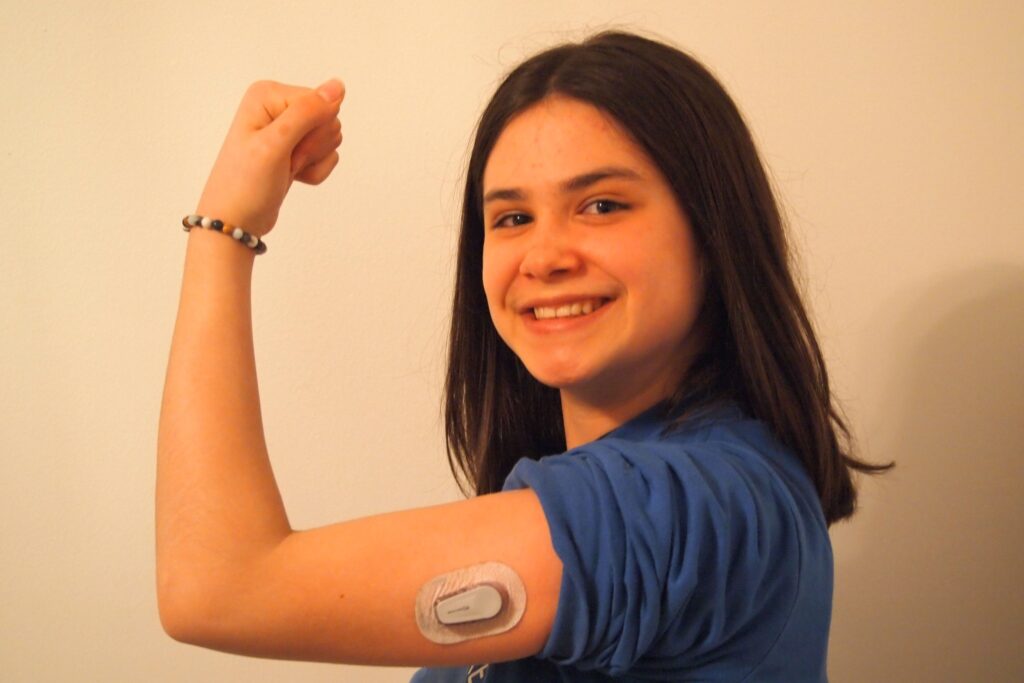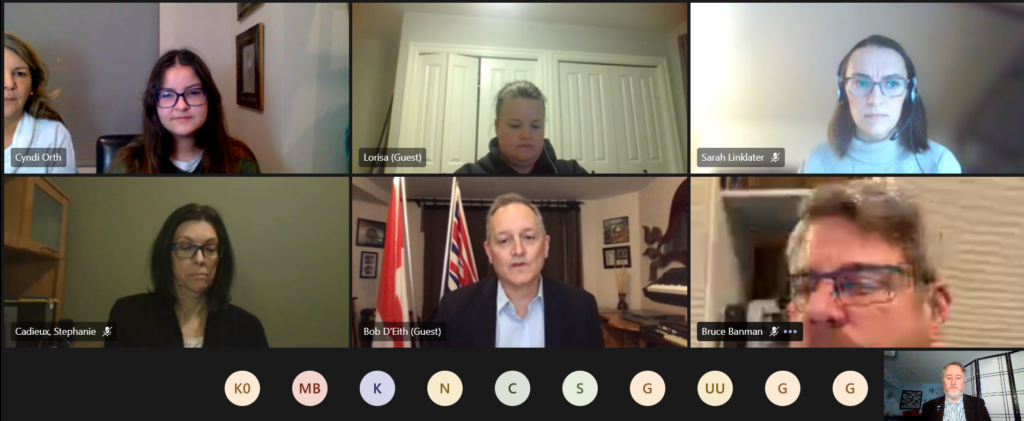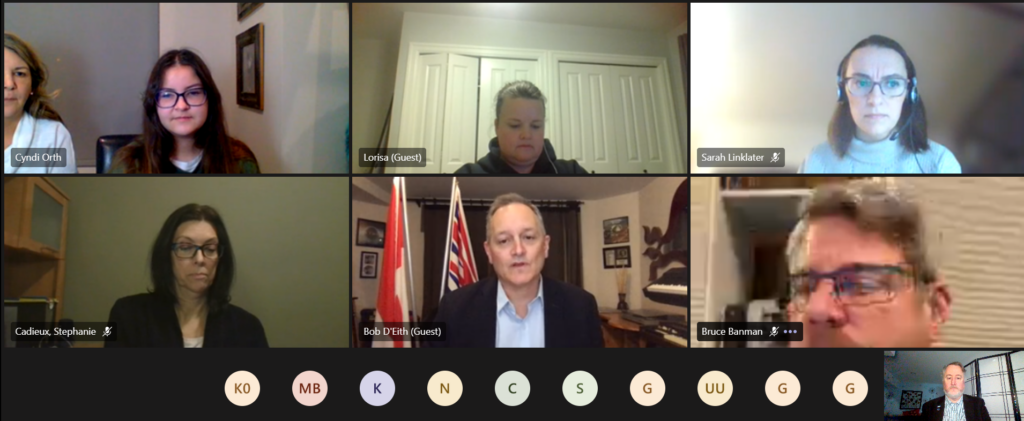
Update: June 15, 2023
Zucara Therapeutics Inc., today announced additional funding from JDRF International in support of the development of ZT-01, a once-daily therapeutic designed to minimize hypoglycemic episodes in people with type 1 diabetes (T1D). JDRF will support Zucara’s planned Phase 2a study of the effect of ZT-01 On Nocturnal hypoglycemia Events in people with T1D (“ZONE”). Zucara expects to begin clinical trials in Fall 2023.
ZT-01 has now been approved by both Health Canada and the FDA for the Phase 2 clinical trial.Once the trial sites have been confirmed, JDRF will provide information on how to participate on our clinical trials page found here: https://jdrf.ca/participate-in-research/
Why this news is important:
- Having demonstrated proof-of-concept and ZT-01’s ability to significantly increase glucagon release in patients with T1D, the Phase 2 ‘ZONE’ trial will evaluate if ZT-01 can prevent potentially dangerous low blood glucose levels overnight.
- The multi-centre trial is slated to begin in Q3 2023, with the incidence of nocturnal hypoglycemic events compared to placebo serving as the primary endpoint.
- ZT-01 has the potential to become the first drug available to prevent hypoglycemia in people with T1D.
Low blood glucose, called hypoglycemia, is a real fear for people with type 1 diabetes (T1D). Although there are rescue treatments for it, such as injectable or nasal glucagon (Baqsimi), there are currently no preventive therapies available. Canadian company Zucara Therapeutics, however, may have an answer. It is developing a once-daily therapy, called ZT-01, that restores a person with T1D’s glucagon response so that they can counter-regulate hypoglycemia.
April 19, 2023 – Update
Zucara Therapeutics announced that it received clearance from the United States’ Food and Drug Administration (FDA) for the Company’s planned Phase 2 ‘ZONE’ clinical trial of ZT-01 for the prevention of night-time hypoglycemia in patients with type 1 diabetes (T1D).
Update: September 19, 2022
- On September 19, 2022, Zucara Therapeutics reported that the highly positive results from its proof-of-concept Phase 1b trial of ZT-01 has secured continued funding for Phase 2 clinical studies. Please see this link for more information. This is a once-daily therapeutic drug that restores glucagon secretion to prevent hypoglycemia, and if approved would be the first drug of its kind for people with type 1 diabetes.
What this means:
Zucara has achieved the development milestones required to secure the remaining funds available from its previously announced US$21 million Series A Financing.
Zucara plans to file an investigational new drug (“IND”) application for a Phase 2 trial by year end, with initiation of first patient dosing expected in Q1 2023.
ZT-01 has the potential to become the first therapeutic designed to prevent hypoglycemia in people with type 1 diabetes.
This is a very exciting development and has the potential to change the realities for people with T1D, particularly those who are hypoglycemic unaware. JDRF will continue to monitor trial results and will update as more become available.
***
Update: February 17, 2022
On February 8, 2022 Zucara Therapeutics Inc., a diabetes life sciences company announced that the peer-reviewed journal, Diabetes, Obesity and Metabolism, published a paper reporting positive preclinical data on its diabetes drug ZT-01, which is currently in a Phase 1b clinical trial for the treatment of insulin-induced hypoglycemia in patients with Type 1 diabetes (T1D).
“We are thrilled with the positive results of this preclinical study, whose efficacy portion employed a similar methodology to that of our ongoing Phase 1b clinical trial,” said Richard Liggins, Zucara Therapeutics’ Chief Scientific Officer. “This study demonstrated that ZT-01 significantly increased glucagon secretion in rats with T1D, and reduced the frequency and severity of hypoglycemia, suggesting ZT-01’s potential to reduce hypoglycemia exposure in humans with T1D.”
If approved, this would be the first once daily therapeutic for people with T1D to help reduce the effects of hypoglycemia, one of the most common complications of the disease.
JDRF will provide updates as the trial progresses and further results are known.
***
Previously, JDRF provided funding to move Zucara beyond the “valley of death”—when discovery research is translated into a therapy or technology, but lacks the funding to make it real. In April 2020, Zucara secured the backing of a large venture capital fund to move ZT-01 into clinical trials.
Hypoglycemia is an unintended consequence of insulin therapy, and happens when one takes too much insulin. It causes sweating, fatigue, irritability and, in severe cases, seizures and/or death. It is one of the most feared and acute complications of T1D.
The first clinical trials of ZT-01 began in September, 2020 in Ontario. If these early trials are successful, ZT-01 will be much closer to approval, and to providing much-needed relief to the millions of people with T1D and their families who suffer from the fear and dangers of hypoglycemia.
In November 2020, Zucara also announced new funding to broaden development of ZT-01 for hypoglycemia in people with insulin-requiring type 2 diabetes, indicating that even more people stand to benefit from the new drug.
